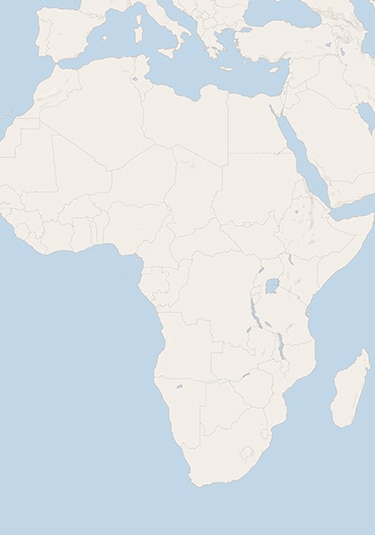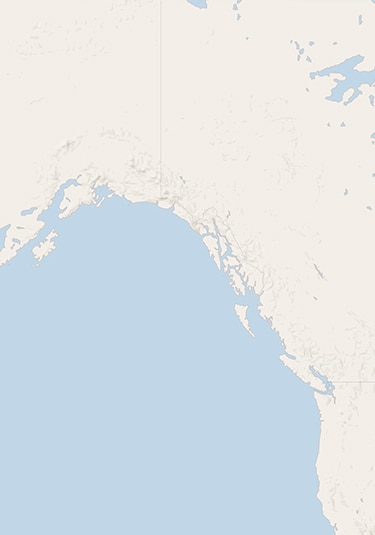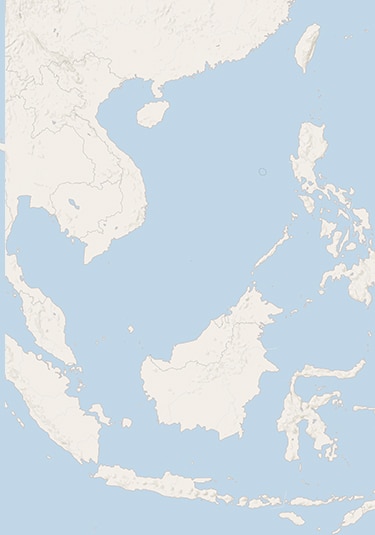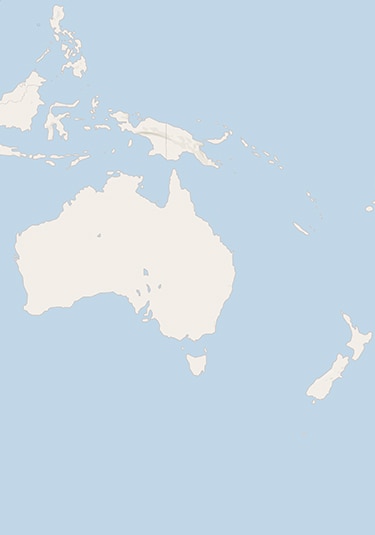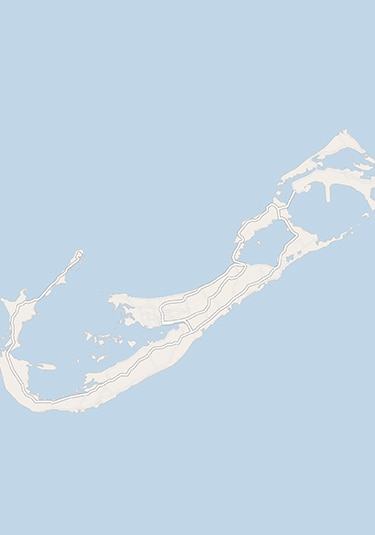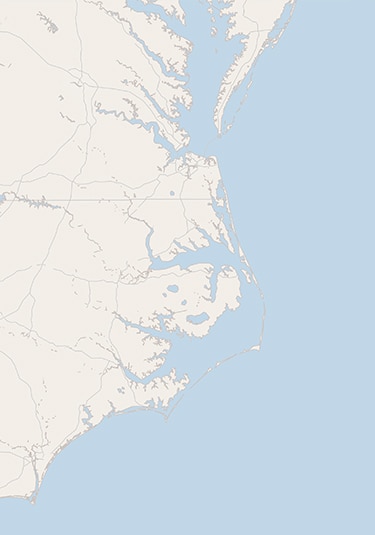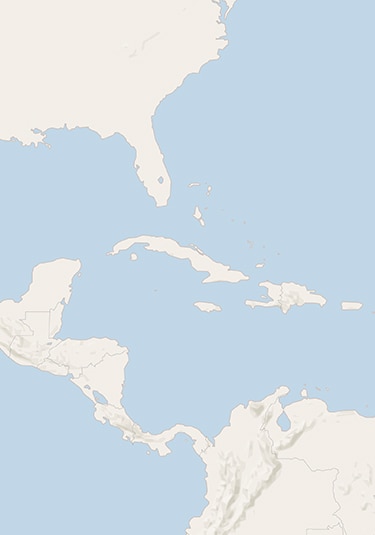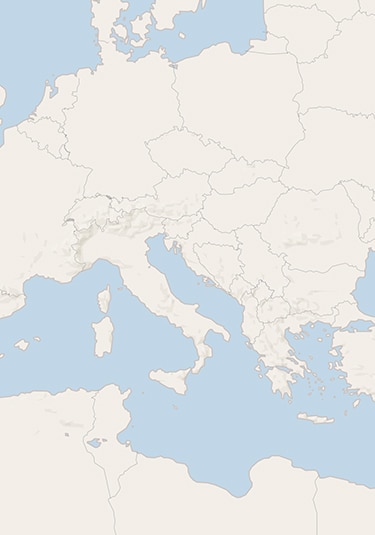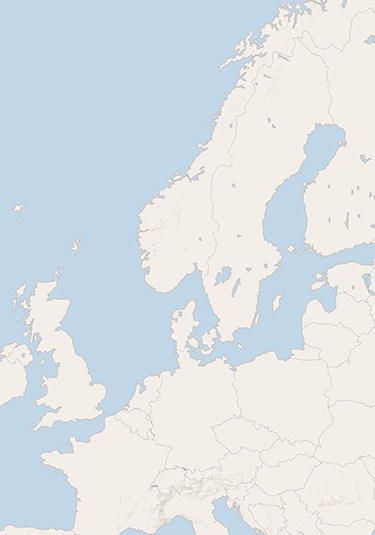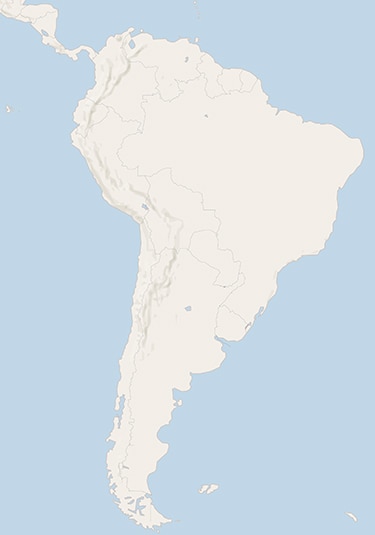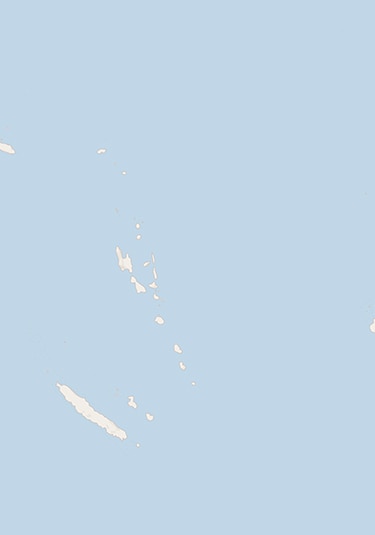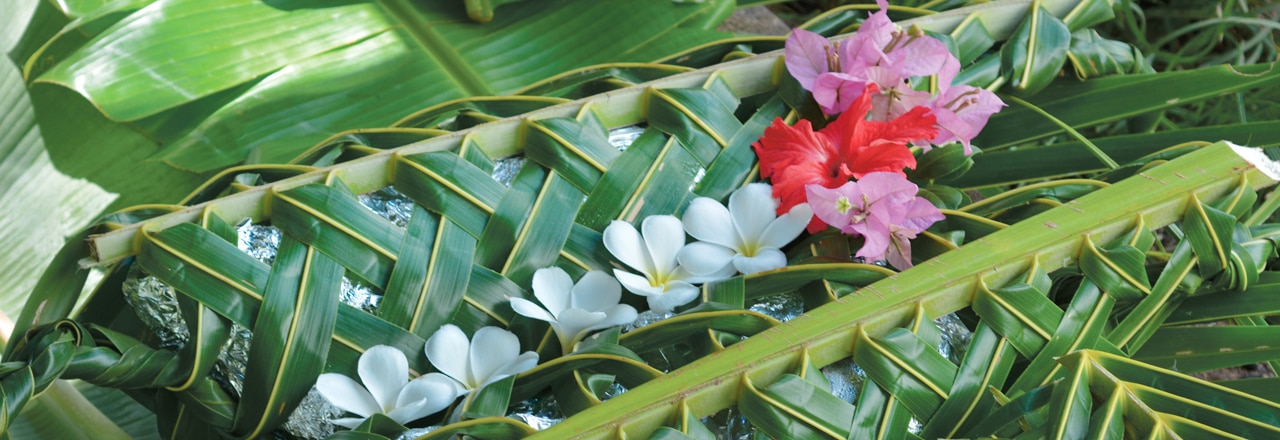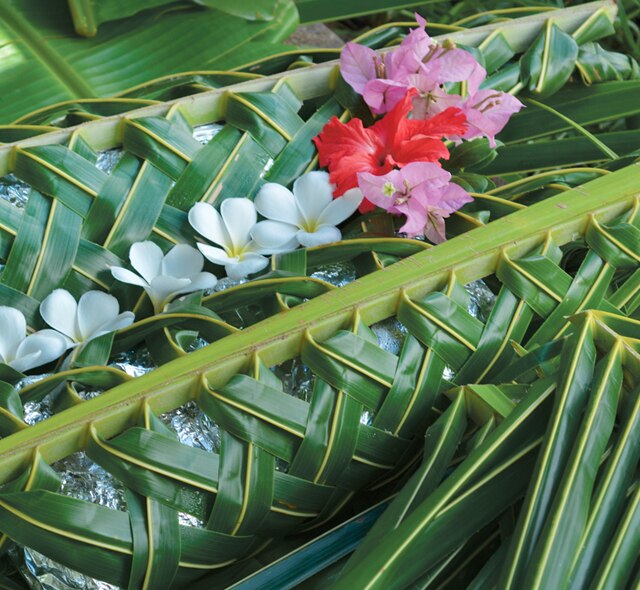Spices of Fiji Shore Excursion in Suva, Fiji
Your day begins with a drive along the naturally beautiful coast of Milne Bay, an island-dotted body of water first explored in 1660. Before long, you’ll arrive at the country’s first cricket ground. Missionaries introduced the game to Papua New Guinea in the 1890s, and it has grown in popularity ever since.
Continuing on, you’ll approach Daduwe, which requires a short walk through the forest to reach. It’s well worth the effort—here you’ll watch residents prepare meals, weave mats and baskets and perhaps even make canoes. You may also see ancient potshards from the days when various chiefs gathered in Daduwe to feast when traveling the Kula trade route.
Onward to the nearby village of Bou. Here, you’ll watch a folkloric performance and see children paddling their canoes as they are trained to become skilled for sea ferrying once they reach the age to sail the seas.
Returning to the pier, you’ll pause at the seaside Alotau War Memorial, a black granite monument dedicated to those who lost their lives at the Battle of Milne Bay.
ご注意:This tour includes just under 2 hours of easy to moderate walking/standing, at times over natural and uneven surfaces. This tour is available to wheelchair guests who have a collapsible wheelchair and are able to get on and off transportation. Guests must be self-sufficient or should travel with a companion who can provide this. Some transportation may not have a storage space for wheelchairs; please check with the Destination Services Desk onboard. Participants must be 7 years of age or older. Guides are not professionally trained and are quite shy by nature. However, they do like to answer questions about their town and life so feel free to ask many questions to get the most out of your experience. Local infrastructure is basic, tour bus seats are uncovered and most vehicles are not air-conditioned, nor have PA systems. Some roads are not paved and even paved roads can be bumpy at times. Closed flat soled comfortable walking shoes, modest light comfortable clothing, sun protection, and bottled water are recommended. Of special note, the only restrooms on this tour are at the local villages and are rudimentary pit toilets.
